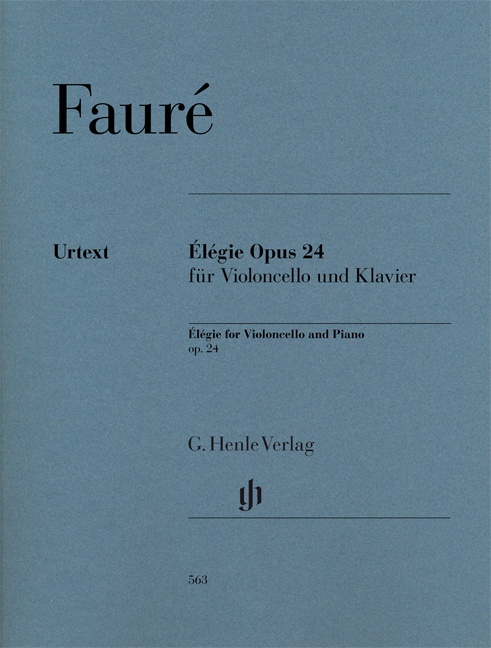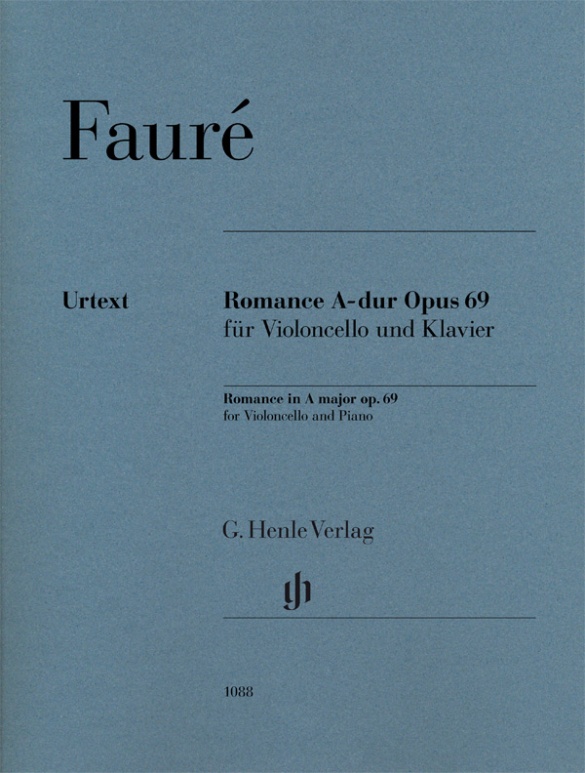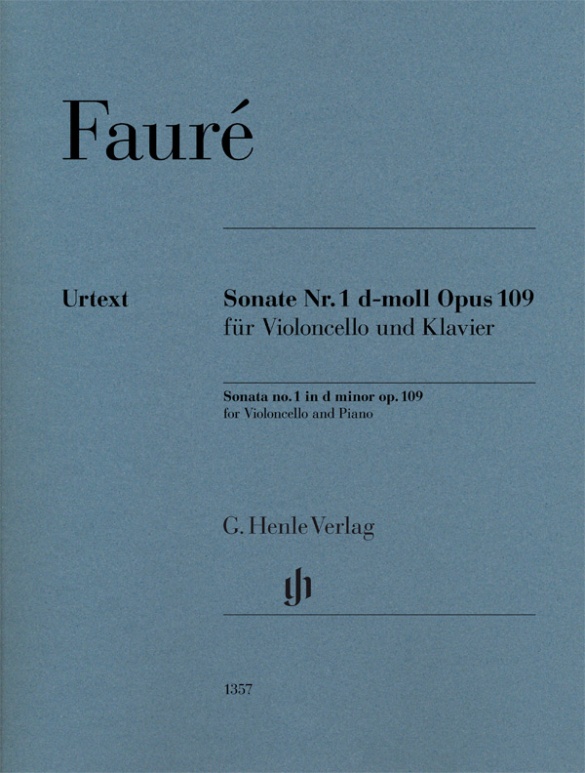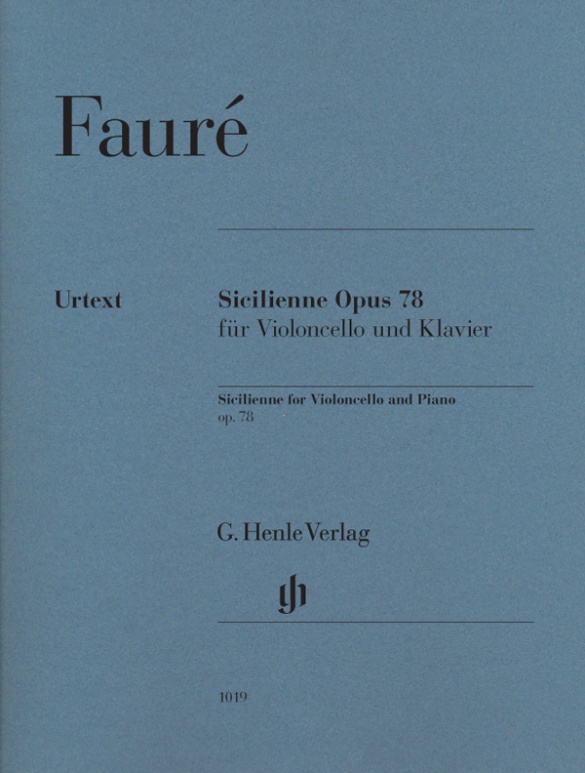

Gabriel Fauré
Sicilienne op. 78
This composition for violoncello and piano in the style of a Sicilian dance is from Gabriel Fauré’s middle creative period and was first published simultaneously in France and England in 1898, reflecting Fauré’s increasing international popularity.
The character piece with its memorable, expressive melody became increasingly popular after Fauré had included it in the Suite from his incidental music of Pelléas et Mélisande (in a version for orchestra) that was also premiered in 1898.
Content/Details
(Explanation)
About the Composer
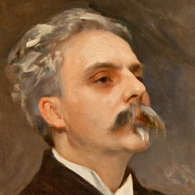
Gabriel Fauré
Representative exponent of French music around 1900. His creative work is centered around the art song, piano music (nocturnes, barcarolles, impromptus, valse-caprice), and chamber music – alongside other genres.
| 1845 | Born in Pamiers (Ariège) on May 12, the son of a primary school teacher. |
| 1854–65 | Attends the École de musique classique et religieuse (founded by L. Niedermeyer), where liturgical musicians were educated; lessons with Saint-Saëns (from 1861). |
| 1866–70 | Organist at the church of Saint-Sauveur in Rennes. |
| 1871 | After occupying various organist positions in Paris, he becomes assistant organist to Saint-Saëns at Saint-Sulpice. He numbers among the founding members of the Société nationale de musique. Performances of his works in their concerts. |
| 1874 | Premiere of his “Suite d’orchestre” in F major (“Symphony No. 1”), which is a compilation of existing pieces. |
| 1875/76 | Violin Sonata No. 1 in A major, Op. 13. |
| 1876–79 | Piano Quartet No. 1 in C minor, Op. 15 |
| 1877 | Maître de chapelle at Paris’s Église de la Madeleine. |
| 1876/78 | Premiere of his choral work “Les Djinns,” Op. 12. |
| from 1879 | Attends performances of Wagner’s music; in his own compositions he distances himself from Wagner. |
| 1885 | Premiere of his Symphony No. 2 in D minor, later destroyed. |
| 1887/88 | Requiem, Op. 48. |
| 1891 | “Cinq Mélodies ‘de Venise’,” Op. 58, on texts by Verlaine. |
| 1892–94 | “La bonne chanson,” Op. 61, on texts by Verlaine. |
| 1896 | Successor to Dubois at the Madeleine. He conducts a composition class at the Paris Conservatoire. |
| 1900 | Premiere of the tragédie lyrique “Prométhée,” Op. 82. |
| 1905–20 | Director of the Conservatoire. |
| 1909 | President of the Société musicale indépendante. |
| 1913 | Premiere in Monte Carlo of his opera “Pénélope.” |
| 1919 | Song cycle, “Mirages,” Op. 113, with clear features of his modernist late style. |
| 1924 | Death in Paris on November 4. |
About the Authors
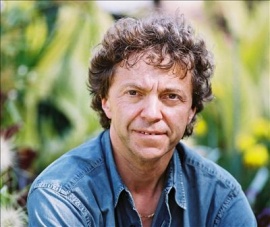
Pascal Rogé (Fingering Piano)
David Geringas (Fingering and bowing for Violoncello)
Product Safety Informations (GPSR)

G. Henle Verlag
Here you can find the information about the manufacturer of the product.G. Henle Verlag e.K.
Forstenrieder Allee 122
81476 München
Germany
info@henle.de
www.henle.com
The preface gives a detailed account of the history of the piece and the historical origins of the Sicilienne itself. As a second study pianist, I found the fingerings in the piano part really helpful when accompanying my pupils. The cello part is on one sheet with fingerings on one side and none on the other.
ESTA Arco, 2012Come di consueto, Henle ci propone un'edizione puntualissima sia nell'apparato critico che nella revisione strumentale, qui affidata a David Geringas.
Archi magazine, 2011Selbstverständlich entspricht dieser Band in allen Belangen gewohntem Henle-Standard. Die Ausgabe enthält ein bezeichnetes und unbezeichnetes Exemplar der Cello-Stimme, David Geringas' Fingersatzvorschläge sind wie immer makellos.
Das Orchester, 2011recommendations
autogenerated_cross_selling
Further editions of this title
Further editions of this title


